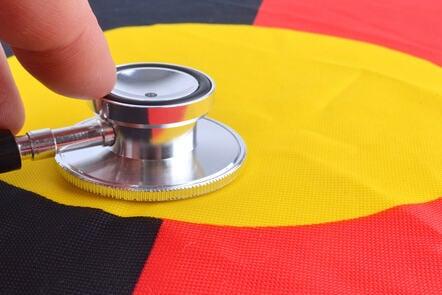MOOC List is learner-supported. When you buy through links on our site, we may earn an affiliate commission.

MOOC List is learner-supported. When you buy through links on our site, we may earn an affiliate commission.
This course is for healthcare practitioners of all kinds and will guide you through the cultural sensitivities, complexities, and requirements for providing excellent care to people of Indigenous Australian backgrounds.
Understand the importance of respect and communication
Using the right language is a simple yet vital part of good communication. On this course, you’ll develop your understanding of the correct terminology to use when referring to different groups of people.
You’ll also learn about the culture and practices common to different first nations people, demonstrating a clear knowledge that’s key to showing respect.
Explore practical safety, quality, and advocacy in your care
Every patient is individual and will have different needs, but there are many best practice approaches that you can use to provide culturally safe care.
This course will guide you through how to apply effective strategies to care for vulnerable individuals. You’ll also learn to create a care plan based on these best practice approaches.
Reflect on cultural contexts
It’s important to understand and reflect on issues surrounding culture, especially how they relate to engaging with healthcare practitioners.
This course has been created in joint collaboration with Moondani Balluk, Victoria University’s Aboriginal information, services & support unit.
What topics will you cover?
- Cultural expertise versus cultural competence
- Historical context
- Cultural knowledge
- Diversity
- Humility and lifelong learning
- Cultural safety and communication
- Partnerships
- Closing the Gap
- Cultural self and healthcare
- Racism and privilege
- Equity and human rights
- Leadership, advocacy and affecting change
Learning on this course
You can take this self-guided course and learn at your own pace. On every step of the course you can meet other learners, share your ideas and join in with active discussions in the comments.
What will you achieve?
By the end of the course, you‘ll be able to...
- Understand and use the correct terminology when referring to different groups of people
- Demonstrate a clear knowledge of the culture and practices common to different first nations people
- Apply effective strategies to care for vulnerable individuals
- Reflect upon cultural contexts and backgrounds as they may relate to engaging with healthcare practitioners
- Create a care plan based upon best practice approaches
Who is the course for?
This course has been designed for anyone with an interest in promoting culturally safe communications.
It is especially aimed at healthcare professionals looking to meet the healthcare needs of Aboriginal and Torres Strait Islander peoples.
MOOC List is learner-supported. When you buy through links on our site, we may earn an affiliate commission.
MOOC List is learner-supported. When you buy through links on our site, we may earn an affiliate commission.
